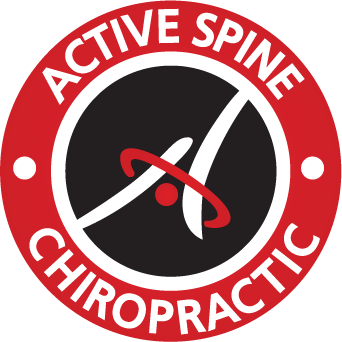
Basics for a child’s good mental health:
-
Unconditional love from family
-
Self-confidence and high self-esteem
Love, security and acceptance should be at the heart of family life. Children need to know that your love does not depend on his or her accomplishments, grades, or behavior. Mistakes and/or defeats should be expected and accepted. Mental and emotional health grows in a home that is full of unconditional love and affection.
2. Nurture children’s confidence and self-esteem.
-
Praise Them – Encouraging children’s first steps or their ability to learn a new game helps them develop a desire to explore and learn about their surroundings. Allow children to explore and play in a safe area where they cannot get hurt. Assure them by smiling and talking to them often. Be an active participant in their activities. Your attention helps build their self-confidence and self-esteem.
-
Set Realistic Goals – Young children need realistic goals that match their ambitions with their abilities. With your help, older children can choose activities that test their abilities and increase their self-confidence.
-
Be Honest – Do not hide your failures from your children. It is important for them to know that we all make mistakes. It can be very re-assuring to know that adults are not perfect.
-
Avoid Sarcastic Remarks – If a child loses a game or fails a test, find out how he or she feels about the situation. Children may get discouraged and need a pep talk. Later, when they are ready, talk and offer assurance.
-
Encourage Children – To not only strive to do their best, but also to enjoy the process. Trying new activities teaches children about teamwork, self-esteem and new skills.
3. When a child needs help
Parents and family members are usually the first to notice if a child has problems with emotions or behavior. Your observations with those of teachers and other caregivers may lead you to seek help for your child. If you suspect a problem or have questions, consult your pediatrician or contact a mental health professional.
Warning Signs
The following signs may indicate the need for professional assistance or evaluation:
-
Decline in school performance
-
Poor grades despite strong efforts
-
Regular worry or anxiety
-
Repeated refusal to go to school or take part in normal children’s activities
-
Hyperactivity or fidgeting
-
Persistent nightmares
-
Persistent disobedience or aggression
-
Frequent temper tantrums
-
Depression, sadness or irritability
Where to seek help
Information and referrals regarding the types of services that are available for children may be obtained from:
-
Mental health organizations, hotlines and libraries
-
Other professionals such as the child’s pediatrician or school counselor
-
Other families in the community
-
Family network organizations
-
Community-based psychiatric care
-
Crisis outreach teams
-
Education or special education services
-
Family resource centers and support groups
-
Health services
-
Protection and advocacy groups and organizations
-
Self-help and support groups
Just like adults sometimes children need a support system their loved ones can’t give. Children have a natural happiness that we are responsible for supporting. Mooresville, Active Spine Chiropractic provides care for the entire family.
Dr Spencer Charlet
Chiropractor in Mooresville
704-663-7625






